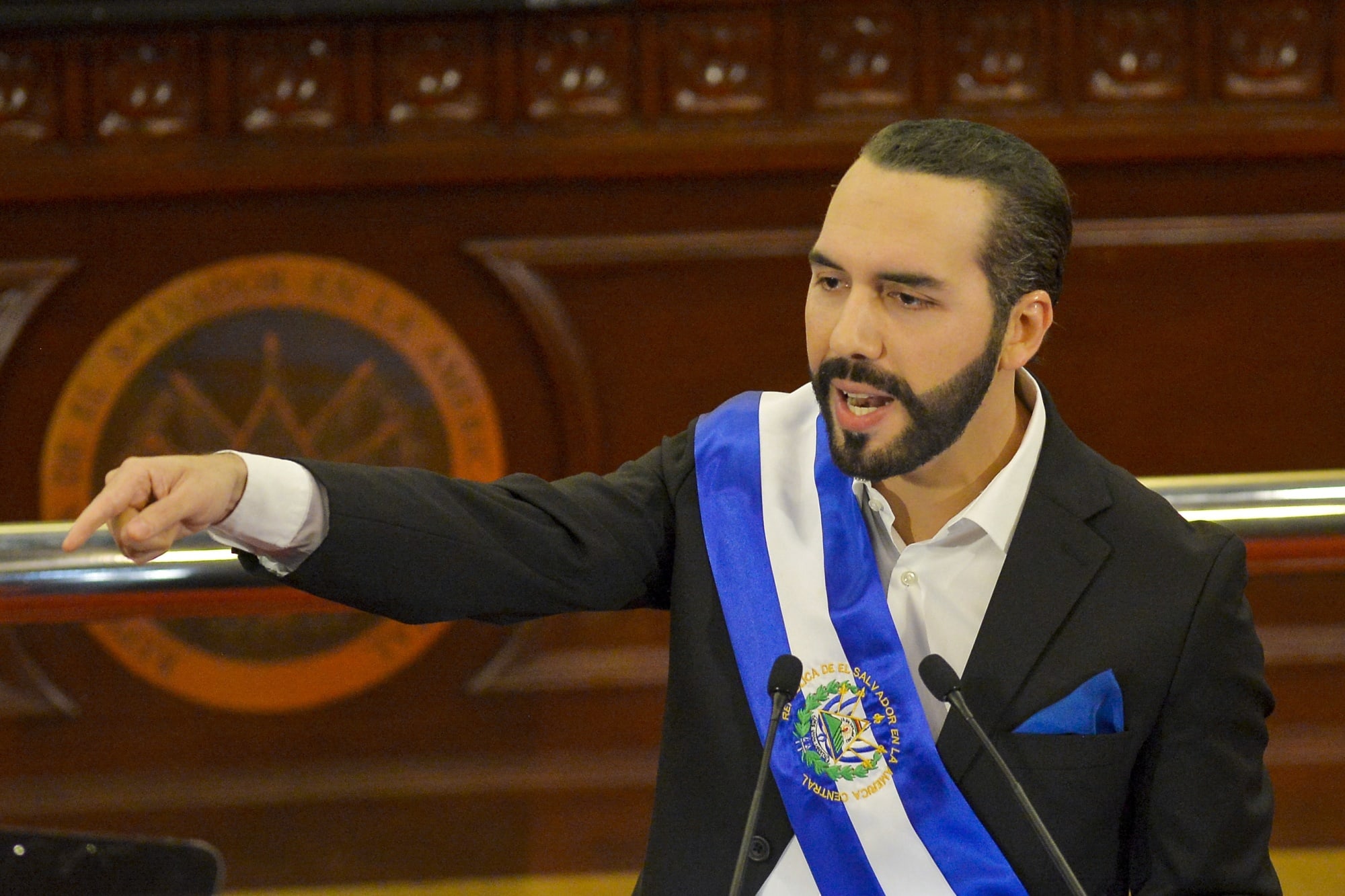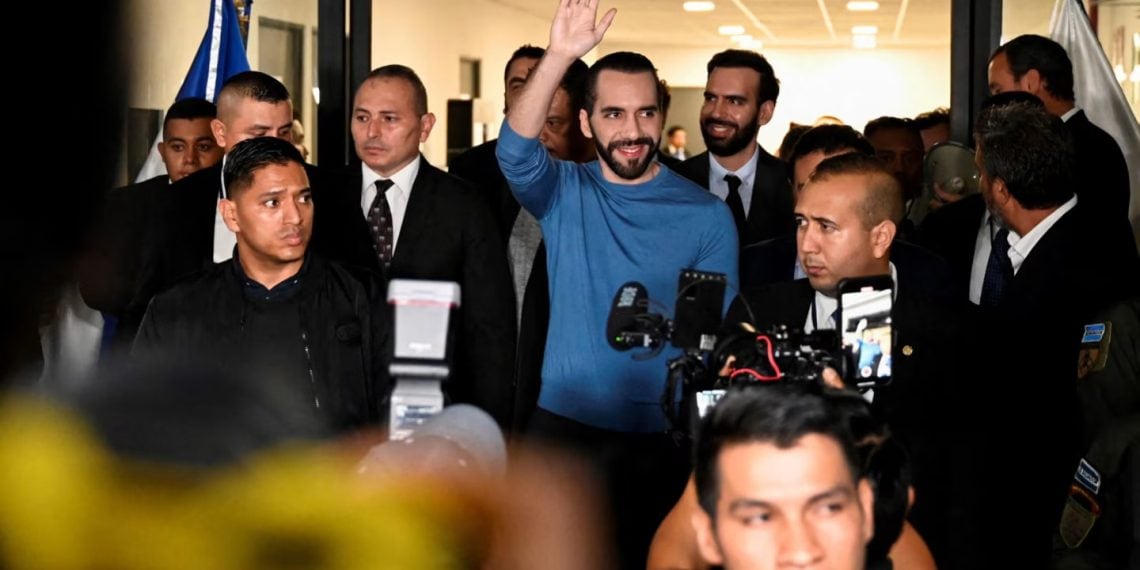Vote counting is in progress after El Salvador’s polls closed, with President Nayib Bukele anticipated to secure a second term.
Facing minimal organized opposition and enjoying high favorability, Bukele has maintained approval ratings above 70%. His administration is lauded for cracking down on criminal gangs, resulting in a significant drop in the murder rate.
However, this success is accompanied by the world’s highest incarceration rate, sparking outcry from human rights groups. Allegations include the wrongful detention of innocent individuals and dehumanizing conditions, raising questions about the trade-off between safety and liberties.
The election, viewed as a broader referendum, spotlights citizens’ willingness to surrender basic freedoms for relative peace. Bukele defended the crackdown, likening mass arrests to chemotherapy eradicating the “cancer of the gangs.” He acknowledged some police mistakes but emphasized the judiciary’s role in releasing wrongfully detained individuals.
Results, expected later Sunday, may grant Bukele more latitude to implement his vision. Known for comparisons to autocrats and signaling the erosion of democracy, his ability to run for a second term exemplifies a deliberate manipulation of constitutional checks.
The “Bukele method” is influencing Latin American security policy, with leaders in Honduras and Ecuador emulating mass arrests to curb gang violence. However, the approach raises concerns about democratic principles.

In this election, the populace grapples with a pivotal choice between personal freedom and security gains. While acknowledging imperfections, some citizens, like Jackelyne Zelaya, value the tangible reduction in violence, allowing their children the freedom to go out without fear.
As El Salvador awaits the election outcome, the country’s direction, reflecting a global trend, underscores the challenges of balancing robust security measures with the preservation of individual rights.





